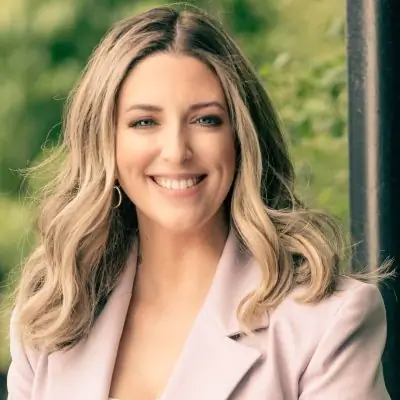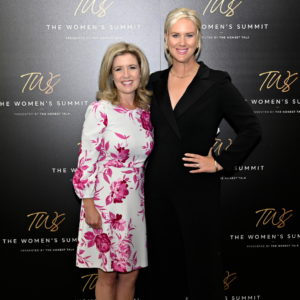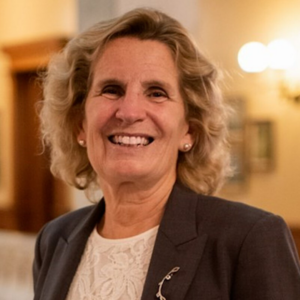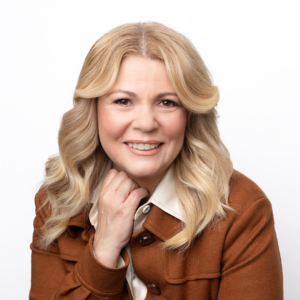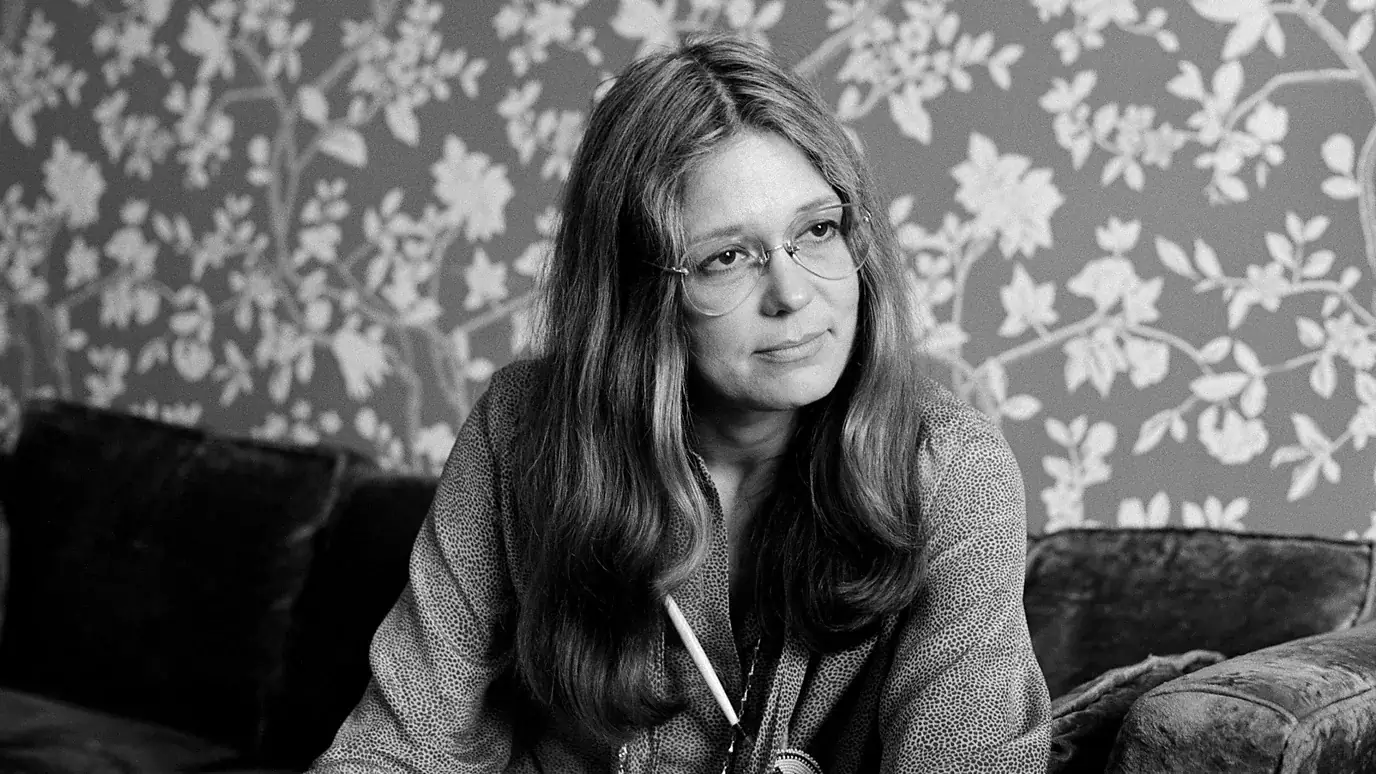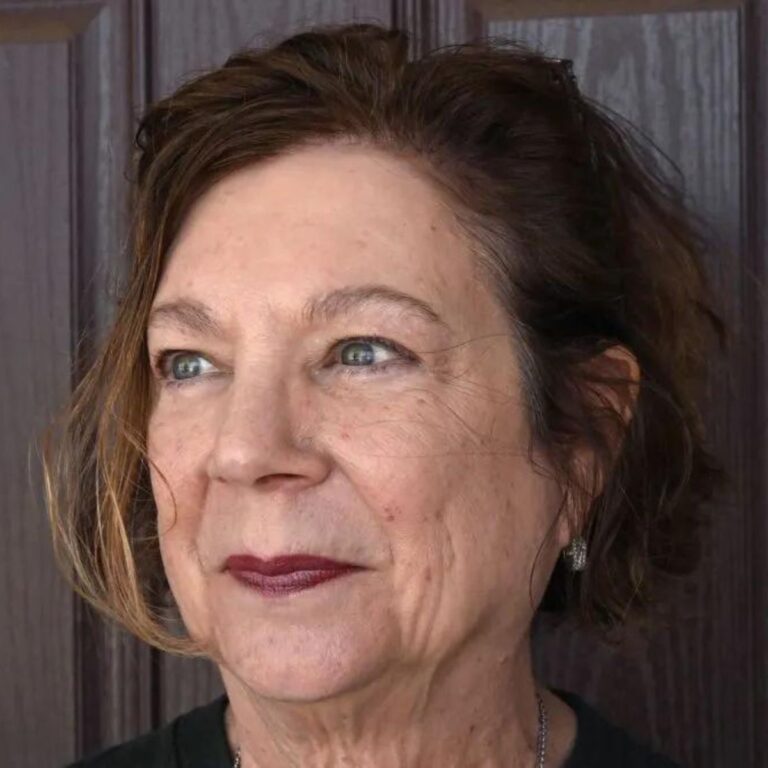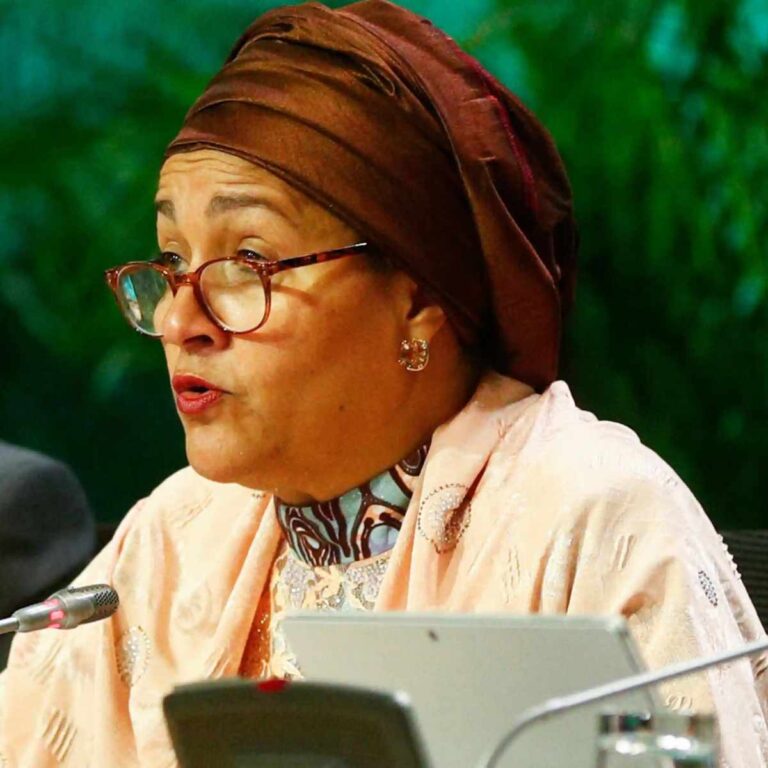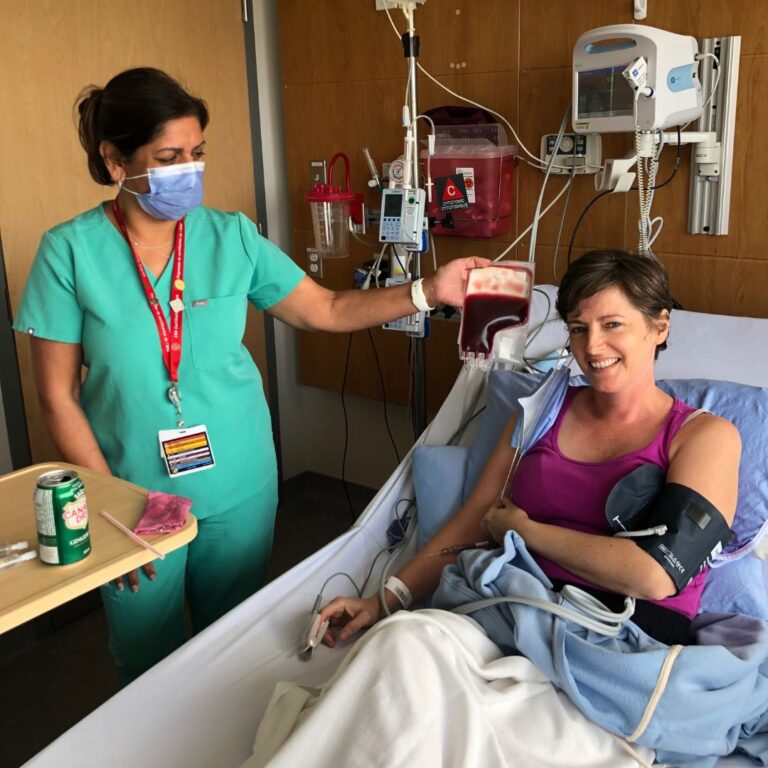Heather Scoffield – A leading voice in Canada’s economic landscape
During the time of recording, Heather Scoffield was the Ottawa Bureau Chief for the Toronto Star. Now she is Senior Vice-President of Strategy for the Business Council of Canada and a contributor for the Toronto Star’s Business section.
Heather Scoffield is the Ottawa Bureau Chief for the Toronto Star and an award-winning journalist. Previously, she spent almost a decade with the Canadian Press as their Ottawa Bureau Chief and also worked for the Globe and Mail. Heather has spent her career covering economics, public policy, and national politics and has been at the forefront of many of Canada’s historic moments. She has also been named as one of Ottawa’s 100 most influential people.
In this episode of The Honest Talk, Jen and Catherine speak with Heather Scoffield about how journalism has changed for women over the years and the importance of having diverse representation in the news industry. Heather also talks about what made her become a journalist and issues that she thinks are critical in the current context. Finally, she dives into issues that she is passionate about and provides insight on how she managed to have a successful career while raising two kids.
Note: This transcript has been edited for clarity and length.
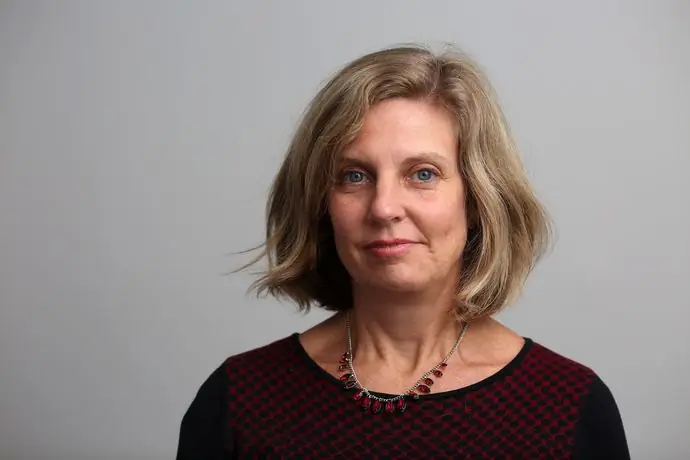
How the pandemic has changed journalism
Jennifer Stewart: Heather, these have been a very intense two years. Not only have we continued to deal with the global pandemic, but the news just keeps happening. How are you? How are you doing?
Heather Scoffield: I’m fine. At the beginning of the whole pandemic, when it came upon us, I paused for a moment and thought, “Okay, I’ve built my career on covering crises. I was financial crisis girl for the longest time. I thrive on fast movement of news, and I can do this.” I took a few steps right at the beginning of the pandemic to make sure that I could handle it. I just cut some extra things out of my life and got my head into ‘I’ve got to take care how I live my life every day, make sure I get enough sleep and all that stuff. And I can do this.’ Who knew it was going to last for two years? I put that plan in place for a crisis that I thought would last a few months.
Catherine Clark: What do you mean, you cut things out? Like, what kind of things did you cut out?
Heather Scoffield: Commuting first of all, which was cut out for me, obviously, but that saved me right away an hour a day, at least. Picking up and dropping off kids. I didn’t have to do that anymore for quite a while. I just decided every morning, instead of getting up at the crack of dawn to go running before work, I could push that out and take an extra 30-45 minutes of sleep to get my head around things and be ready for the day, and it would still be okay. I could still fit everything in. It was almost a mental exercise to clear my head of things that didn’t matter to the pandemic, and just really, really focusing hard on the pandemic and how it would fit in with the bureau, how it fit in the newspaper, and make sure it was as low stress and as efficient as possible. Because the world was falling apart.
Catherine Clark: But that is the problem. It started with the pandemic, and then all of a sudden it seems like the world is falling apart around us. And it’s been two years of upheaval, social upheaval, global upheaval. How do you continue as a professional who has to cover these things, to put one foot in front of the other every day when you’re just in constant reactive mode?
Heather Scoffield: I’ve had to come to terms with the fact that we are in an era of perpetual crisis. It’s not ending; it’s one after the other. And I think we as journalists have to be very nimble and open-minded about what could happen next. We have to be very, very flexible. It’s a coping mechanism. We’re just taking one day at a time and just not trying to predict or have any huge expectations about how coverage will look and how we’ll have to rearrange our lives to cover it going forward.
Jennifer Stewart: How has the pandemic changed you?
Heather Scoffield: For me, it’s kind of made me re-evaluate everybody around me about how they deal with crisis. I think everybody deals with it differently. I’ve done a lot of self-reflection on how I handle it, and how everybody around me handles it. And it’s all different.
We look at the news that anything could come and hit you at any moment. It’s the same thing with personal relationships. Just in the people who are close to me, you’re realizing that everybody is looking at this in a different way, everyone is under stress, and it affects everybody, but differently. So just kind of opening up my mind to be able to accept all of that.
We talk a lot about resilience. We have a lot of good news stories in our news coverage. I’ve covered a lot of crises. That’s why I like covering them, because there are so many stories of resilience. But not everybody is resilient all the time. And I think we have to be able to accept that and open up our minds to it.
Starting career in journalism
Catherine Clark: I want to take a step back to the beginning of your career. In fact, even further than that, back to when you were in school, because you didn’t start out wanting to be a journalist, as I understand it. In fact, you wanted to be a diplomat. Is that accurate? How did this change in career path happen?
Heather Scoffield: It was foisted upon me. My parents ran a community newspaper in Dundas, Ontario, and when I was a kid, I didn’t like that vibe at all. They were busy all the time; we were stressed out all the time. I just remember going to their office or to their newsroom after hours, and it would be full of people who were always strung out and there was smoke everywhere. This was the 1970s, when everything was sticky and covered with glue stick, because they were laying out the paper by hand. And I just didn’t like that atmosphere at all. But then I got to university, and during my first week there, I was reading the student paper, and I disagreed with something that somebody said. When I met him at a party, and I took him on, and he’s like, you know, you should write that thing. So, I did write that thing. And I’m like, ‘Oh, I like this.’ So, I got an interest in it at a university, but I did still have this thing that I wanted to be a diplomat. But in the end, I studied international relations. It was a recession when I graduated, and I didn’t do the Foreign Service exam. I went to journalism school instead.
How journalism has changed for women
Jennifer Stewart: Speaking of when you started in the industry, I can imagine it wasn’t the most female-tolerant or female-populated sector at the time. How has journalism changed for women, and what’s the progress that you’ve noticed over the years?
Heather Scoffield: It’s changed dramatically. I’ll start off by saying, though, that I haven’t had a lot of animosity thrown at me for being a woman. I’ve always covered money and power, and that’s very much a man’s world. So, I have been a bit of an interloper there, but I haven’t been treated poorly.
But over the course of the last two and a half, three decades that I’ve been at this, there’s been a huge change. The majority of the people in my newsroom right now, and at Canadian Press are women. Here at the Toronto Star, there are eight of us. We have two men and six women. That’s really empowering.
We are, as an industry, trying to become far more diverse in terms of race. We are sorely lacking in racial diversity. But I look at women all the time as an example of how that can change. And in hiring and mentoring people over the years and working with journalism schools and bringing people up through the system. It takes a while. But once that happens, there’s this momentum.
Catherine Clark: You talked about being deliberate in terms of hiring for diversity in terms of setting up programs and mentorships that allow people from diverse backgrounds to consider a career in journalism, but then there is that issue at the top. How do you change that?
Heather Scoffield: I think it comes with time, but it also does come with making sure that there’s a bit of pressure all the time. We have a Star editor-in-chief right now who is a woman, and the previous editor-in-chief was also a woman and that’s amazing. It’s also pressure from the public, that it would be almost unacceptable for it to be any other way. So, I think having that public conversation always helps.
I would just say, in terms of my daily work, I have to keep my eye on that all the time, to make sure there’s a certain level of confidence. To constantly be pushing takes a lot of energy. It can be very exhausting. Mutual support from within is always very useful, very helpful, but so is public pressure.
The future of childcare for working parents
Jennifer Stewart: Speaking of exhausting, you’ve built up your career at the same time you’ve raised two kids. And as any working parent knows, that’s a juggle, and sometimes it’s truly a struggle. The current federal government has signed childcare deals with every province and territory. What kind of change do you think this is going to bring forward for women and men?
Heather Scoffield: I’ve been reading a lot about this recently. There’s an immediate effect there: people with children and daycare will get some cheques right away. They’ll be able to make ends meet a little bit more easily. But over time, with available daycare that’s of high quality and accessible? If that dream comes true, it could take a lot of pressure off parents who really want to throw themselves into their career as well as into parenting.
I have some very high hopes that will become commonplace. That whole scene of when your kids are little that I went through, and I hear it all around me, of scrambling around for childcare, and is the person going to work out? And what if they fold? You’re always just one step away from everything collapsing all around you. I would really hope that we will get to that stage, perhaps within a few years, as we build up capacity, that whole risk is gone. Of course, family disasters happen, and having a great daycare system is not going to solve that, but it could significantly diminish the stress that parents of young children are going through very frequently.
How the presence of women in power changes policy
Catherine Clark: There are a lot more women in prominent roles around the world now than there ever have been. I look at Jacinda Ardern in New Zealand, or Christine Lagarde in Europe, Chrystia Freeland here in Canada. And of course, a prime example would be Kamala Harris. But how does their presence actually change policy? In your opinion, does it? Does it make a difference to have women in charge?
Heather Scoffield: I think it does. I think it changes a few things. I’m not wanting to say that if women ran the world, there would be no problems. But I do think it changes the discourse to recognize that as soon as you get a prominent person like that in power, it validates women everywhere.
I think when Justin Trudeau was famously asked why his cabinet was half women and he said, “Because it’s 2015,” I think that statement opened up a whole new arena for us in coverage of politics. It legitimized the equality, and as a result, we hold them to account for that.
It’s not just like, “Okay, there’s going to be half women in cabinet.” But what are those women going to do? How are they going to change things? And as reporters and journalists, how are we going to look at that? So I think it changes the conversation quite dramatically.
Where the next crisis is coming from
Jennifer Stewart: What occupies your mind these days, Heather? What keeps you up at night?
Heather Scoffield: I’m really trying to figure out where the next crisis lies. I feel like we’re in this era of perpetual crises, and how the heck do we take that into account in our planning and our framing of events?
I look at the government right now, trying to prepare for the next pandemic. And of course, there will be another pandemic! But how do we know if the next time this is going to be treated with a vaccine and not some kind of other thing that we even can’t imagine? That weighs on me in terms of planning for my children’s future or planning for coverage of the news.

